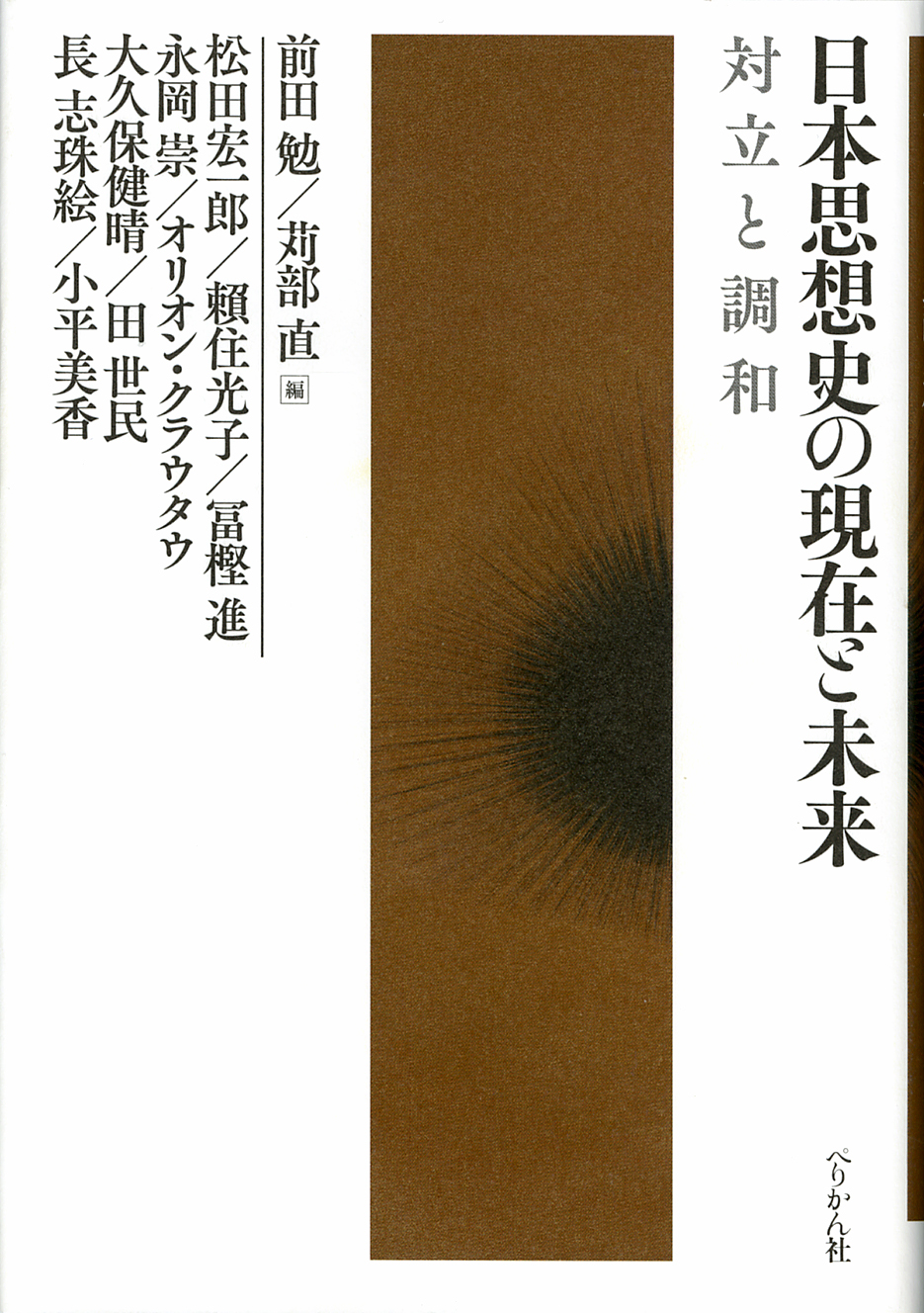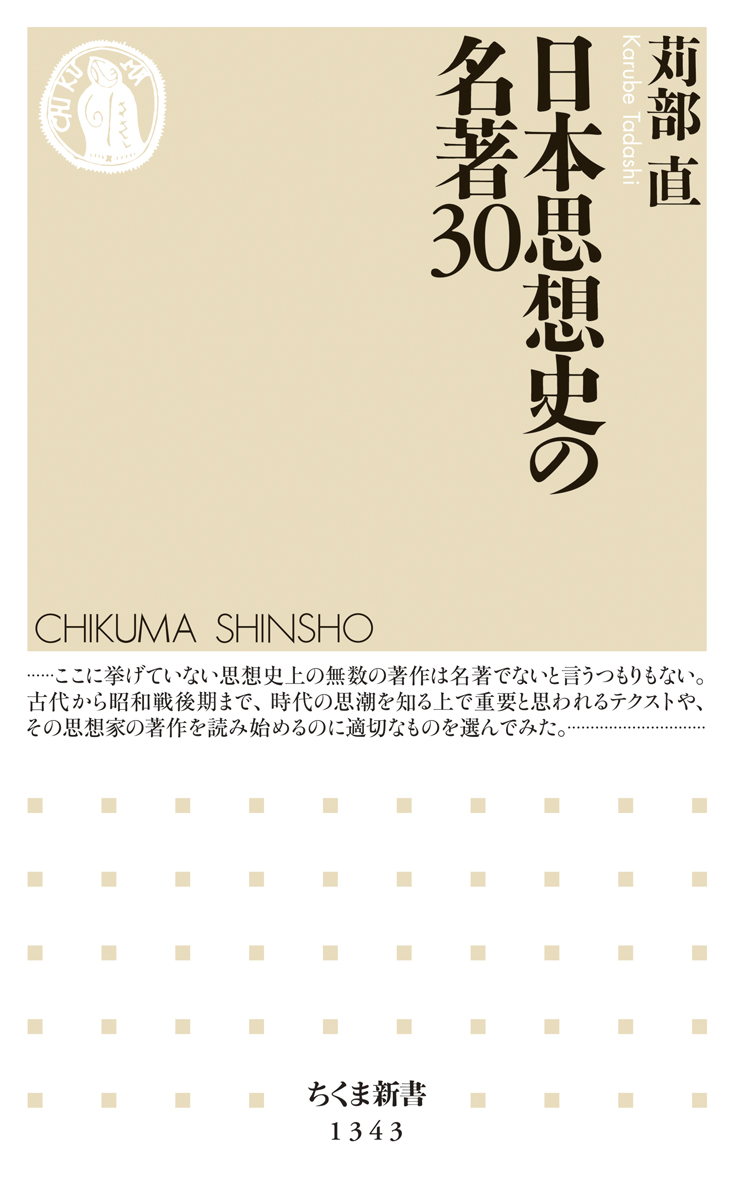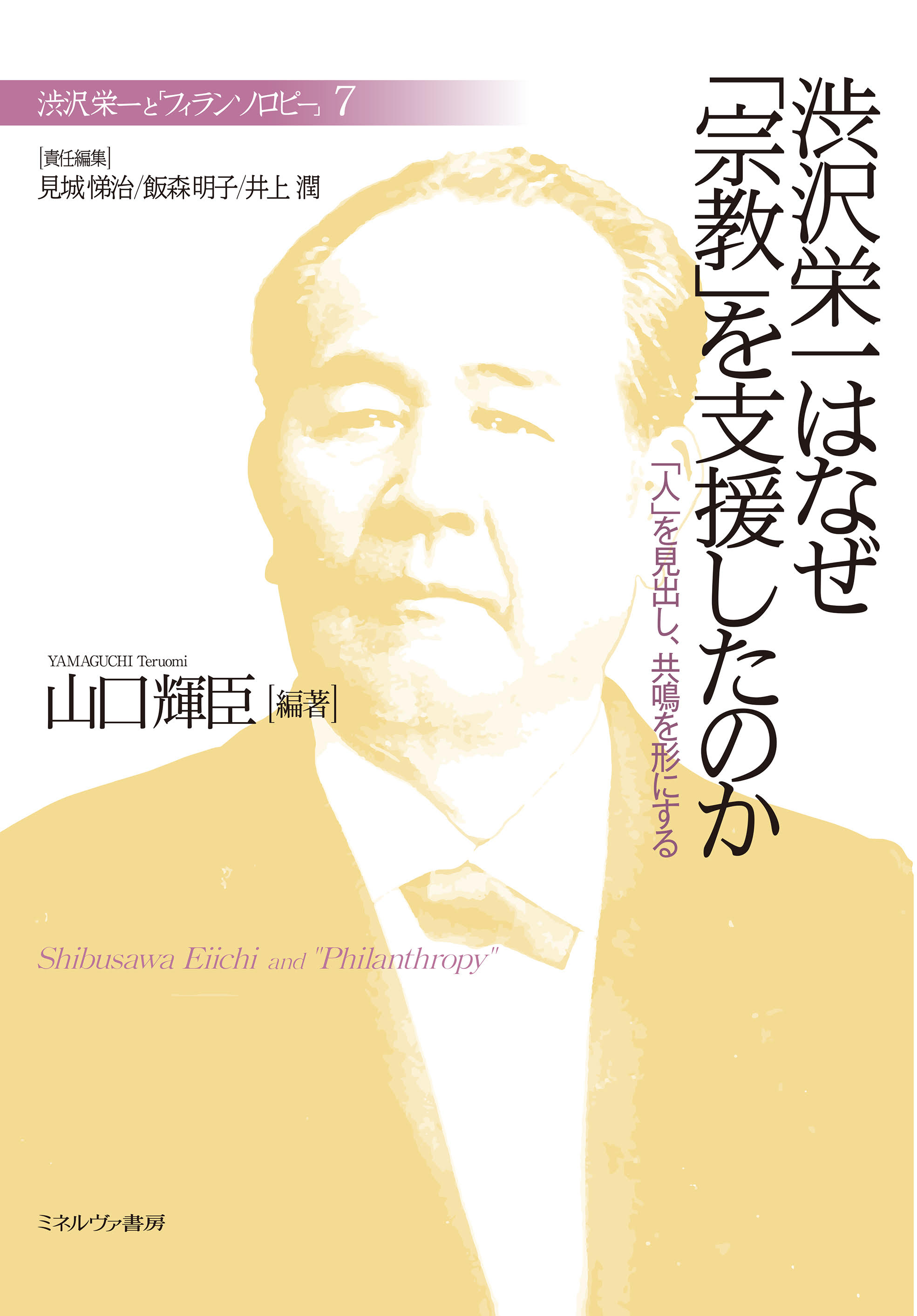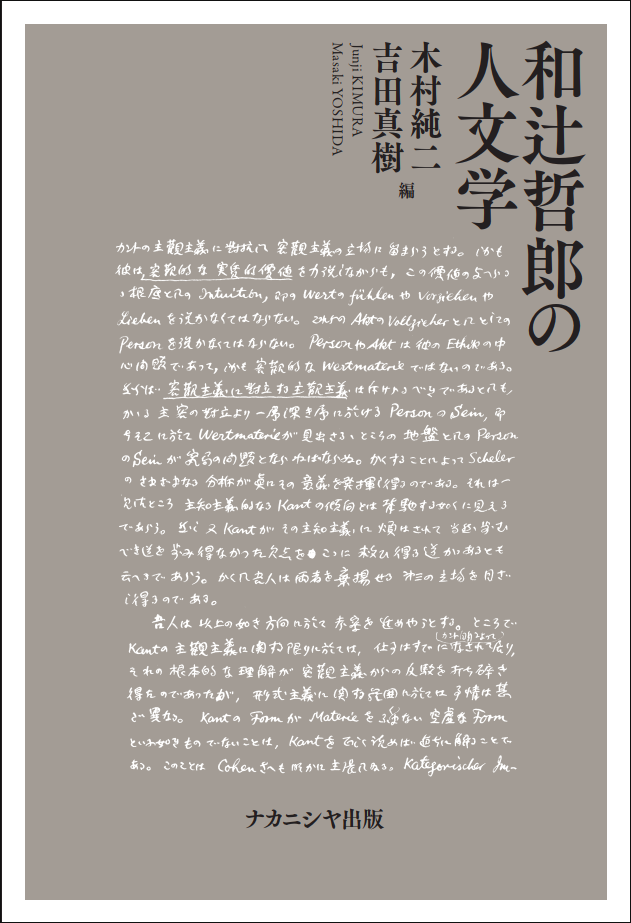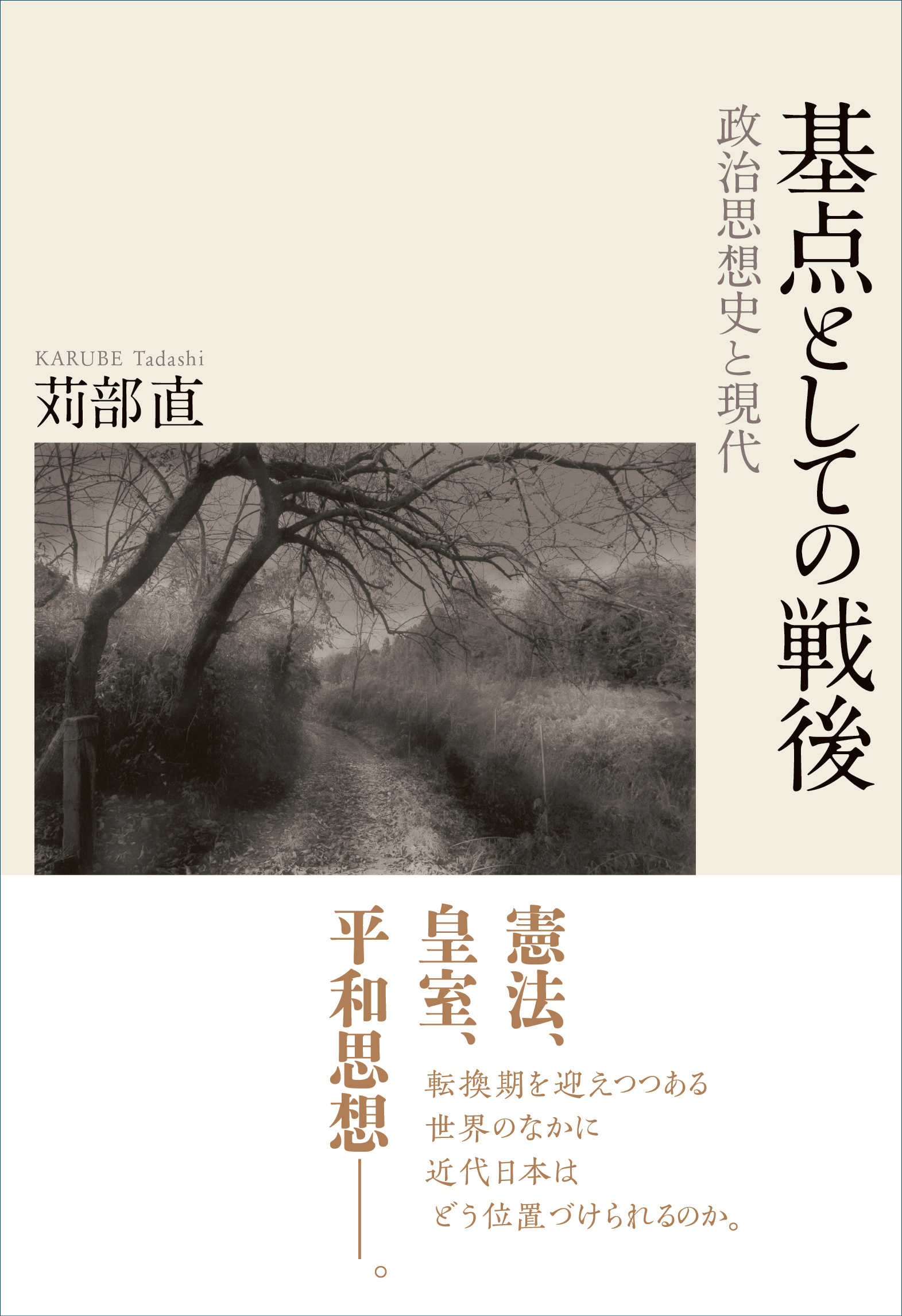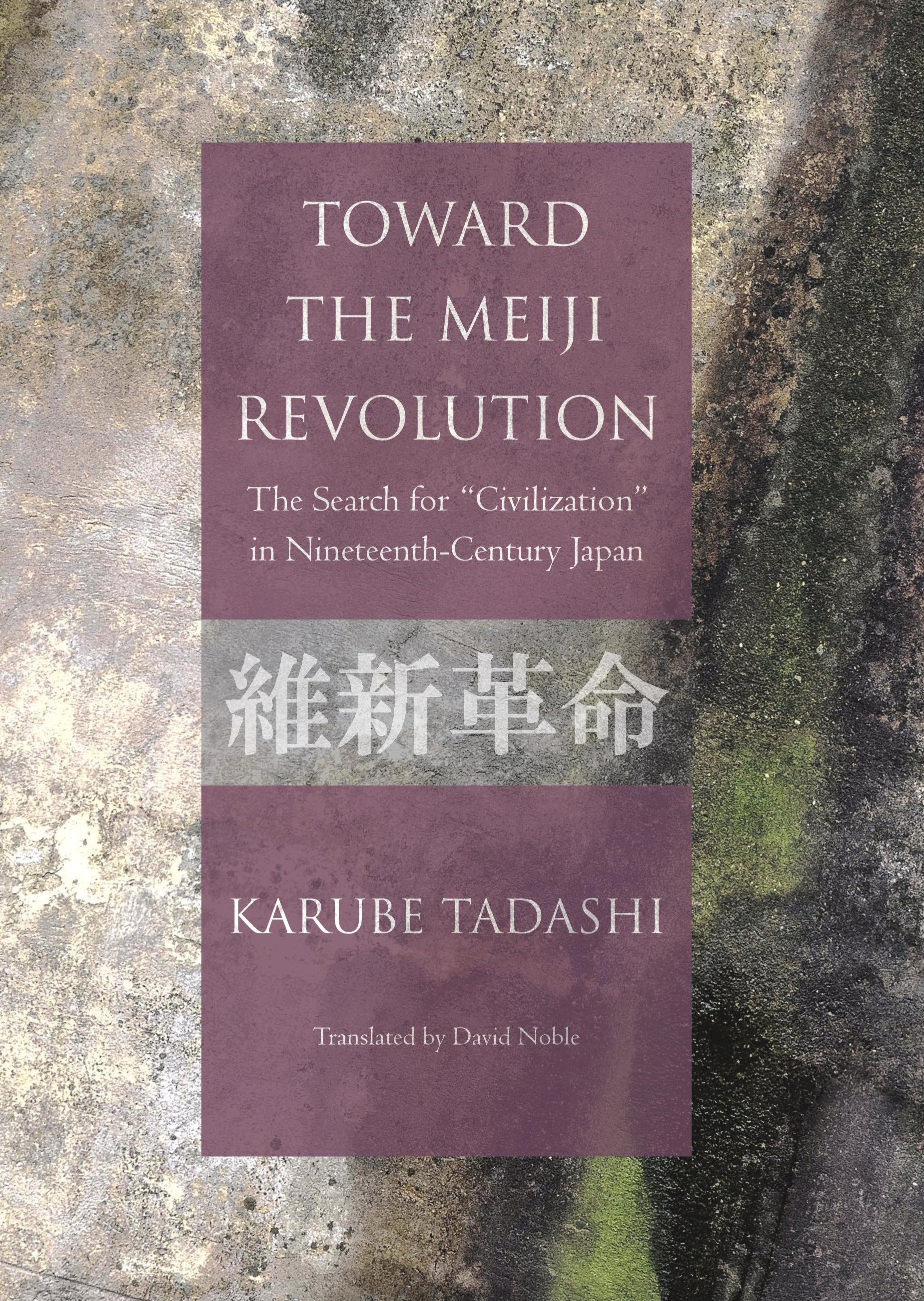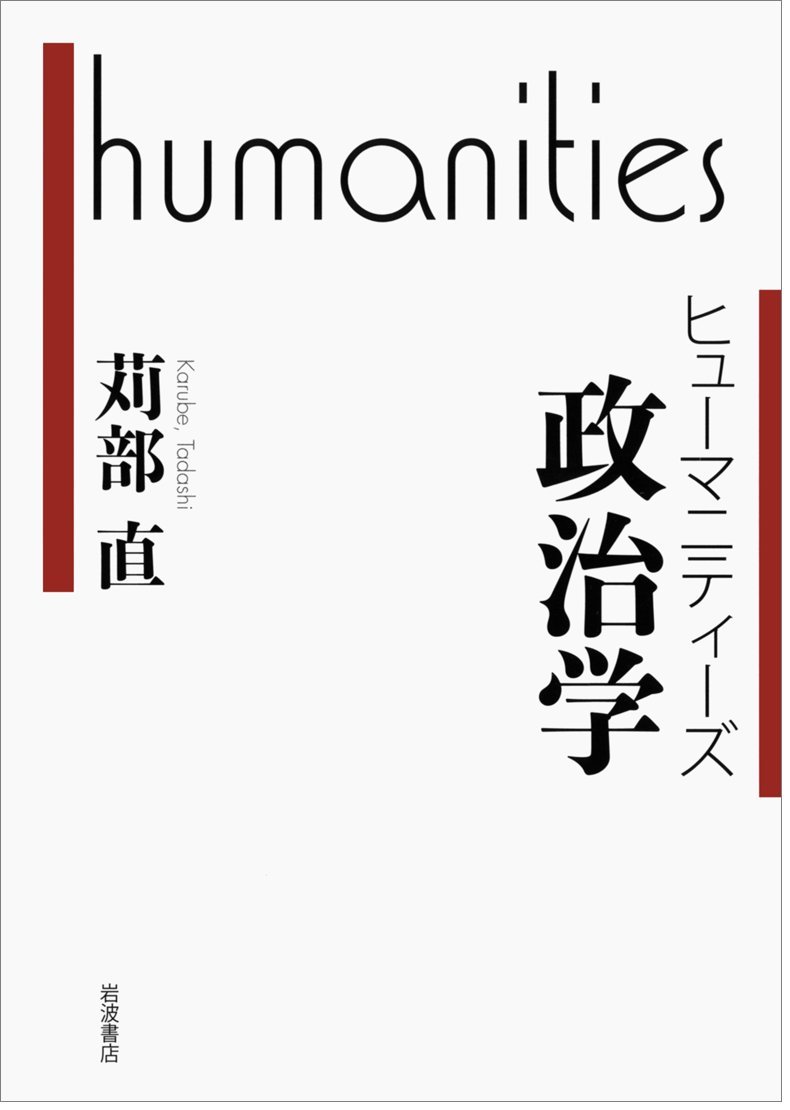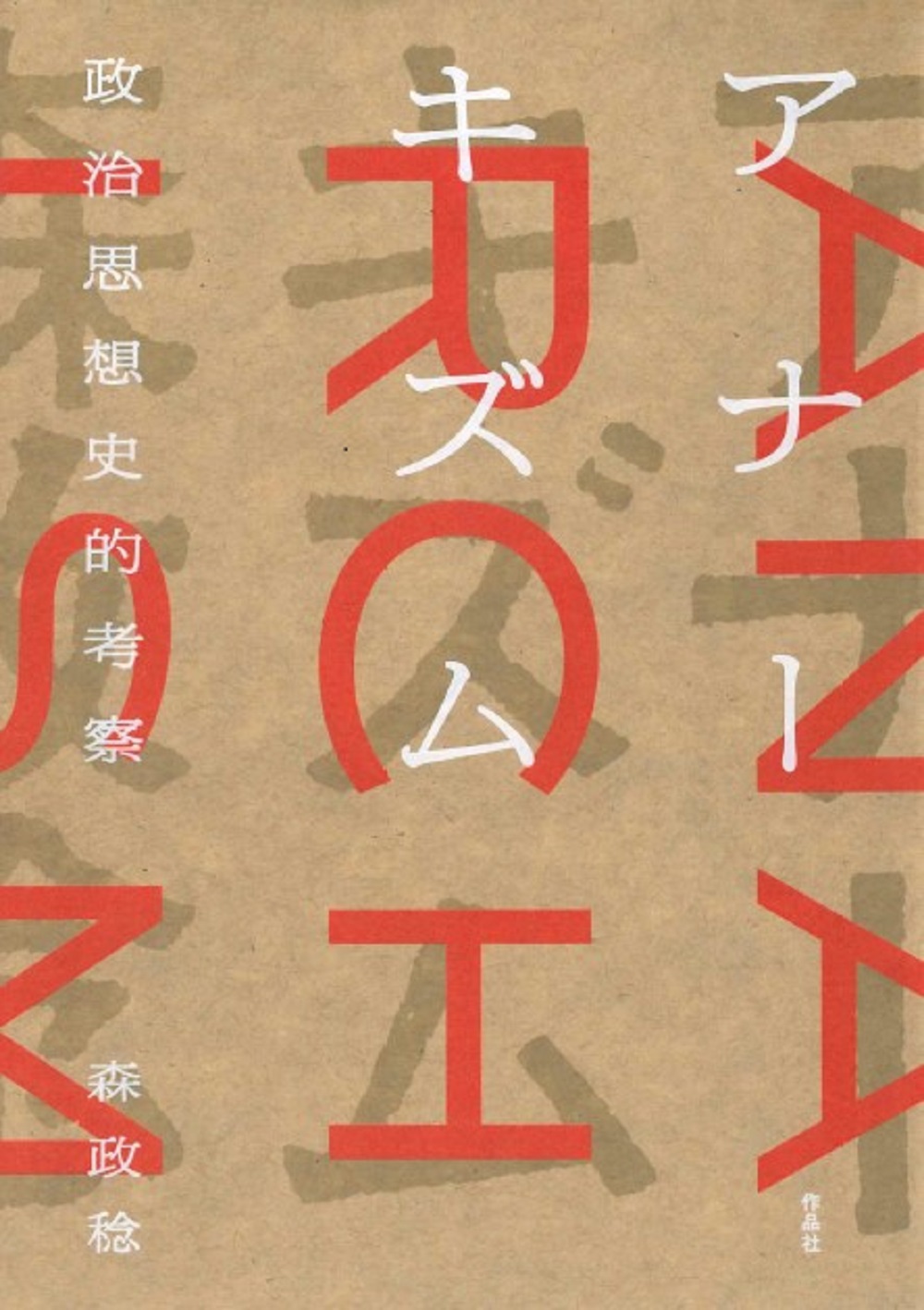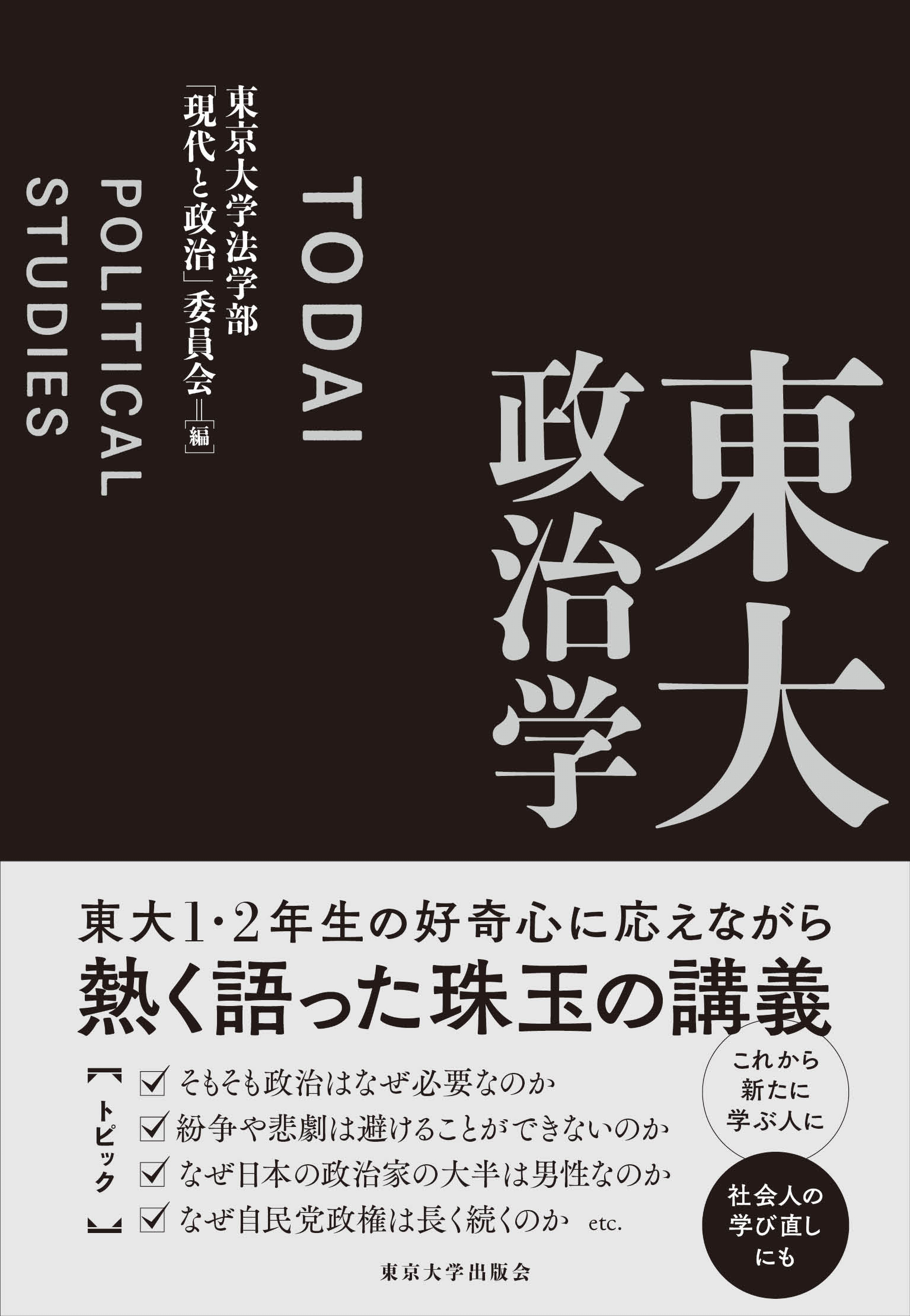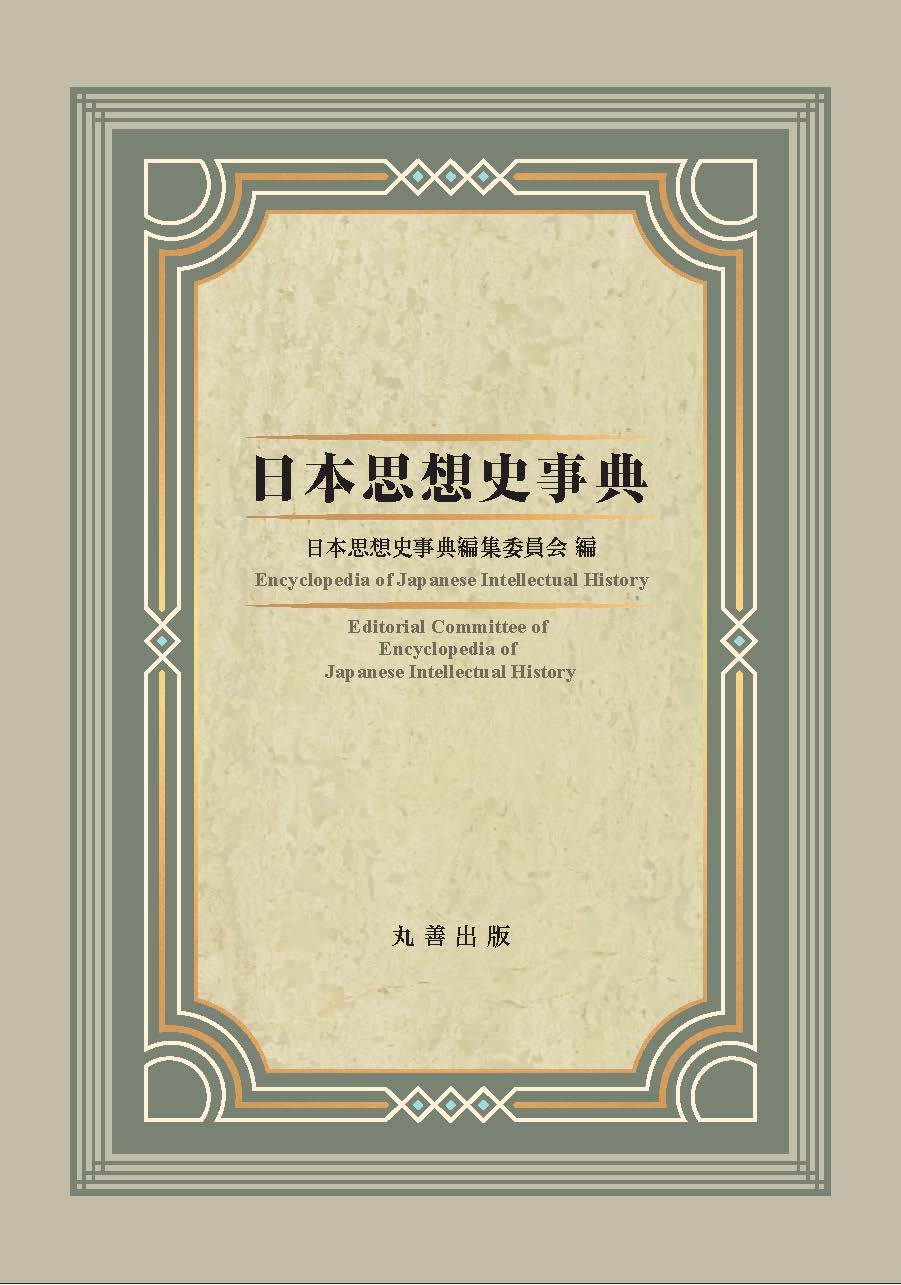
Title
Nihon Shiso-shi Jiten (Encyclopedia of Japanese Intellectual History)
Size
744 pages, A5 format
Language
Japanese
Released
April, 2020
ISBN
978-4-621-30458-7
Published by
Maruzen Publishing
Book Info
See Book Availability at Library
This is an encyclopedia edited and published to commemorate the 50th anniversary of the founding of the Association for Japanese Intellectual History in 2018. Tsutomu Maeda (Professor Emeritus of Aichi University of Education) is the editorial committee chairman, and of the four editorial secretaries, two are faculty members of the University of Tokyo, including Tadashi Karube (Professor of School of Legal and Political Studies, History of Japanese Political Thought) and Mitsuko Yorizumi (Professor of the Graduate School of Humanities and Sociology, History of Ethical Thoughts in Japan). The encyclopedia contains articles by about 200 authors, most of them scholars active at the forefront of the field as members of the Association for Japanese Intellectual History.
Three books of encyclopedias on Japanese Intellectual History were published before this encyclopedia. However, this encyclopedia has the major feature of organizing entries by major topics on intellectual history in the ancient, medieval, early modern, and modern times, rather than individual names and texts. Each entry typically spans 2–4 pages in length. It is structured so that readers can not only search for individual information, but also easily gain an overview of important topics in Japanese intellectual history. In other words, it is an encyclopedia with a large-scale outline of history.
Part I, titled “Various Aspects of Japanese Intellectual History,” is not organized by period, but rather collects outlines on major themes from ancient times to modern times. Each chapter is classified into views on humanity, religion, morality, political order, history, nature and art, and takes up themes such as “mind,” “family, “title of the Emperor and Emperor Emeritus,” and “the Buddhist view on nature.” Even a cursory browse through Part 1 will convey a broad perspective on the picture of Japanese intellectual history overall.
Furthermore, the cross-references to each entryand the index were edited with great care. It is the most suitable book to touch on the study of the history of Japanese thought in one volume.
(Written by KARUBE Tadashi, Professor, Graduate Schools for Law and Politics / 2022)



 Find a book
Find a book


 eBook
eBook